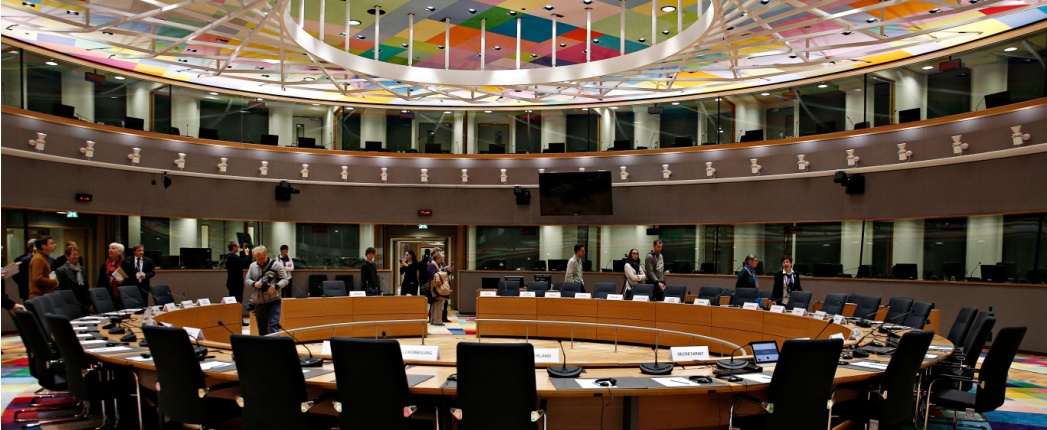
European Union member states last week agreed to push the bloc’s executive arm to relax Euro 7 automobile emissions requirements that it proposed last year, instead calling for restrictions that are little changed from current levels.
Euro 7 is currently intended to be the final emissions standard before the EU’s ban on conventional autos takes effect in 2035. Representatives from eight countries, including France and Italy, said that restrictions in a draft standard that the European Commission proposed in November 2022 are unnecessary and would be too costly to automakers preparing for 2035.
Italy’s Transport Minister said recently that the group of eight countries have support from enough of the EU’s other 19 member states to block the Euro 7 standard proposed by the commission. Their position sets the stage then for negotiations with the commission before final adoption of the standard.
The EU has long had the world’s most stringent auto emissions standards, regulations that forced automakers to employ emissions control technologies that limited sulfated ash, phosphorus and sulfur content in engine oils because they compromised control hardware.
The regulation proposed by the commission would have ratcheted requirements primarily by applying them to emissions-rich parts of operations, such as cold starts. Since the commission floated the draft, automakers have complained that costs of compliance would be up to 10 times greater than commission forecasts – more than €1,800 per car and €11,000 per truck or bus. They complained that the proposed regulation would require automakers to divert resources from the more-important switch to electric vehicles.
Bulgaria, Hungary, Poland, Romania, the Czech Republic and Slovakia joined Italy and France in the counter-proposal published late last month. It would maintain core emissions limits at or near current Euro 6 levels and nix their application to cold starts.